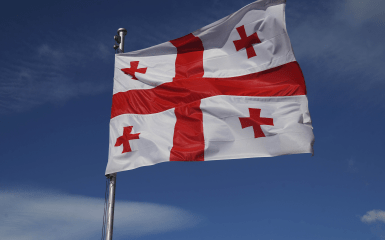Kremlin dictator Vladimir Putin began to cynically deny the statements of NATO representatives about Russia's preparations for an attack on the Alliance countries.
Points of attention
- Putin cynically accused NATO of lying about claims that Russia was preparing for an attack on Alliance states.
- The Ukrainian military intelligence speaker refutes Putin's false statements and supports defence efforts.
- The statements of the Russian dictator are aimed at a split between Ukraine and its Western partners.
- Western countries support Ukraine in the fight against Russian aggression, despite false Russian propaganda.
- Ukraine's diplomatic and defence efforts are going in the right direction despite accusations and misinformation from the Russian Federation.
Putin resorted to cynical insults towards NATO over accusations of preparations for an attack
They speculated that Russia wanted to attack NATO. Are you completely out of your mind? Stupid? Who invented it? This is nonsense, bullsh*t, — the Kremlin dictator defiantly declared during a conversation with journalists of propagandist Russian media.
He cynically says Western countries' leadership is "trying to fool its population" with such statements.
Putin added that Western leaders want to "maintain their imperial position and greatness."
There is no such threat. We defend ourselves in Ukraine," the Kremlin dictator brutally lied.
Putin's cynical lies were exposed in the Defence Intelligence of Ukraine
According to Andrii Yusov, a representative of the Defence Intelligence of Ukraine (DIU), Kremlin dictator Vladimir Putin constantly lies about the criminal war unleashed by Russia against Ukraine.
We hear every time Putin speaks, he lies. What purpose he lies for, that's we have to analyse. It is clear that this is PsyOp tool, which is used, including on the eve of the [Ukrainian] Peace Summit, a peace forum held by Ukraine and the international coalition, partners, free countries in order to settle honestly and fairly, to stop Russia's aggressive war against Ukraine, explains Yusov.
According to him, the Kremlin dictator's false statements are aimed at disrupting Ukraine's defence efforts and aid from Western partners.
So, everything is done correctly. So, diplomatic efforts together with Ukrainian defense and security efforts are going in the right direction, since Putin's mouth is forced to speak about it personally, emphasised the DIU rep.








